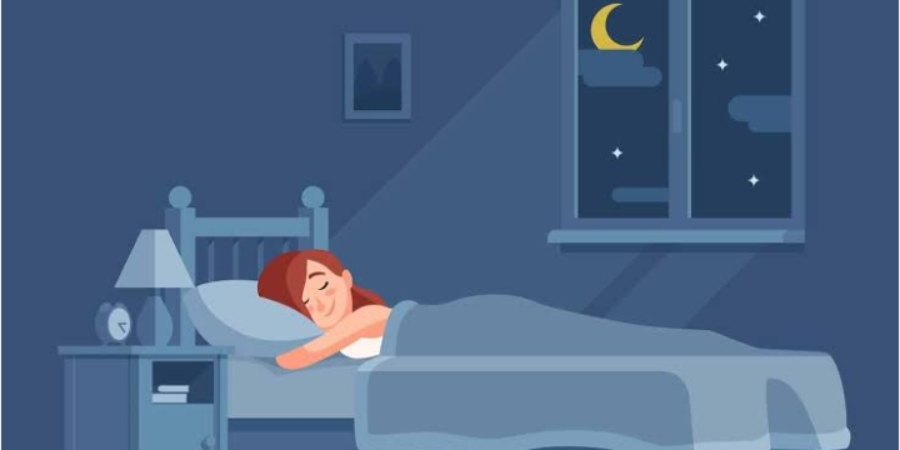

Sleep is a fundamental biological process that is crucial for our physical, mental,and emotional well-being. While the exact mechanisms of sleep are still being unraveled, scientists have uncovered several key reasons why sleep is essential for human health.
One of the primary functions of sleep is allow the brain to reset and recharge. During sleep, the brain goes through various stages, including deep sleep and rapid eye movement(REM) sleep. These stages are crucial for memory consolidation, learning,and emotional regulation. Lack of sleep can impair these processes, leading to congnitive deficits, mood swings,and decreased ability to cope with stress.
Sleep also plays a crucial role in maintaining a healthy immune system. During sleep, the body produces proteins called cytokines, which help fight infection, inflammation,and stress. Chronic sleep deprivation can weaken the immune system, making us more susceptible to illnesses such as cold, flue, and even chronic diseases like diabetes and heart diseases.
Furthermore, sleep is essential for proper hormonal regulation. Sleep deprivation disrupts the balance of hormones that control appetite, leading to increased hunger and a higher risk of obesity. Lack of sleep also affects insulin sensitivity, increasing the risk of type 2 diabetes.
In addition to these physical effects, sleep is also essential for mental health. Chronic sleep deprivation has been linked to an increased risk of depression, anxiety and other mood disorders. Sleep plays a crucial role in emotional regulation, and insufficient sleep can lead to heightened emotional reactivity and difficulty in coping with stress.
Recent studies have shown that during sleep, the brain flushes out toxins and waste products that accumulate during waking hours. This process, known as the glymphatic system,may help prevent neurodegenerative disease like Alzheimer's.
The use of smartphones, tablets,and computers before bedtime can disrupt the body's natural sleep walk cycle. The blue light emitted by screens can supress the production of melatonin,a hormone that regulates sleep, making it harder to fall asleep.
Various sleep disorders, such as insomnia, sleep apnea and restless legs syndrome, can disrupt sleep and lead to serious health consequences if left untreated. Seeking professional help is crucial for maintaining these disorders.
Tips for better sleep:
To improve sleep quality, experts recommend maintaining a regular sleep schedule, creating a relaxing bedtime routine, optimising your sleep environment, and avoiding stimulants like caffeine and electronics before bed.
Overall, the science of sleep demonstrates that sleep is not just a luxury but a biological necessity. It is essential for maintaining physical health, congnitive function, emotional well-being and overall quality of life. By understanding the importance of sleep and prioritising good sleep habits, we can improve our health and well being in profound ways.
